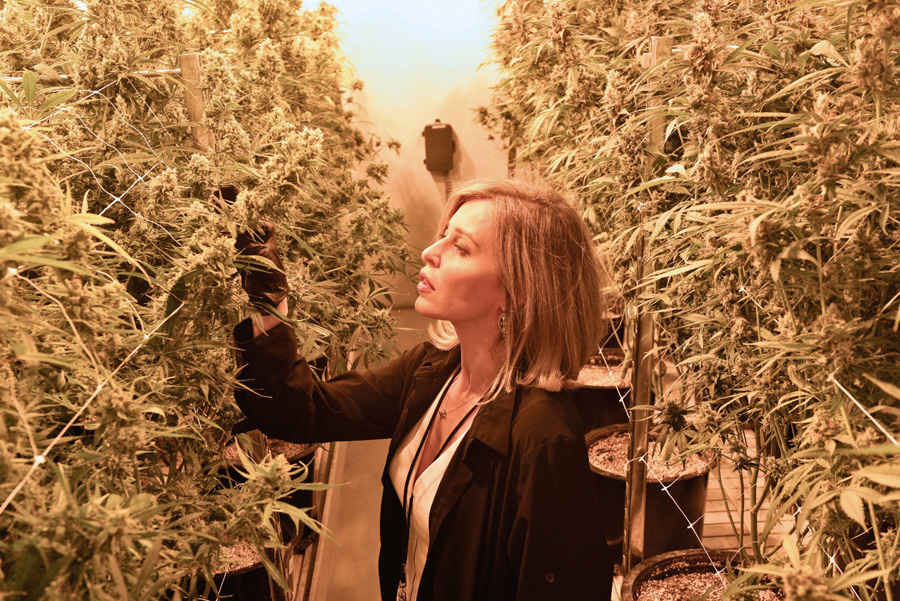Tropizen operating normally despite P.R. earthquakes

Puerto Rico-based medical cannabis products manufacturer and licensed cultivator, Tropizen, announced that it is fully operational, and its facilities remain unaffected after the earthquakes that have occurred in the southwestern region of the island.
“Our manufacturing and cultivation facilities are operating normally, and our buildings are free from structural damage following the earthquakes. In addition, our cannabis crops and product inventory are unaffected,” said Tropizen co-founder Marni Meistrell.
“We continue to serve dispensaries and supply them with much needed medicinal cannabis in this time of need,” she said.
Regarding the current state of the cannabis industry, Meistrell said that cannabis sales are reported to be down by as much as 25% as patients have reduced the frequency of visits and are having difficulty paying for their medicine.
She added that the industry has responded to the crisis by organizing collections of much needed supplies and delivered them to residents of those municipalities.
“While the Puerto Rico cannabis industry was better prepared for another emergency after the passage of Hurricane María, the recent earthquakes have clearly affected a significant portion of patients which has slowed sales,” said Meistrell. “We expect this effect to be temporary as the industry has shown its resiliency before.”
She suggested that the government consider enacting a 90-day moratorium to extend the validity of expiring cannabis patient certifications for residents of the municipalities included in the federal disaster declarations.
As part of its established emergency protocols, the company’s facilities were promptly inspected, to ensure the safety of all employees. Moreover, the management team remains on alert and is ready to act quickly should the need arise to do so.
Tropizen is already taking steps to further improve on its emergency infrastructure, said Meistrell. Later this year a 7,500-gallon water tank will be installed on the premises of the Canóvanas manufacturing and cultivation facilities.
Moreover, the company plans to install state-of-the-art solar panels on the roof of the building to further decrease dependency from the power grid.










